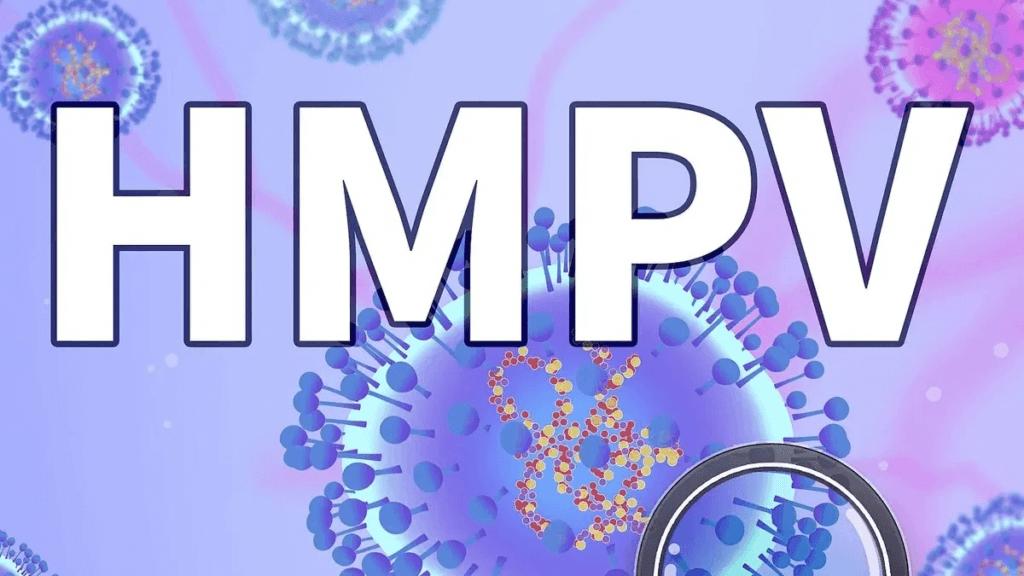With flu season in full swing, a lesser-known yet significant respiratory virus, Human Metapneumovirus (HMPV), is causing concern. HMPV is a viral infection that affects the respiratory tract, particularly in young children, the elderly, and individuals with weakened immune systems. While it shares symptoms with the flu and other respiratory illnesses, HMPV can lead to severe complications if not properly managed. In this article, we’ll explore effective ways to protect yourself and your family from HMPV this flu season, covering symptoms, prevention strategies, and key precautions to minimize the risk of infection.
Understanding Human Metapneumovirus (HMPV)
HMPV belongs to the Paramyxoviridae family, the same family of viruses responsible for respiratory syncytial virus (RSV) and measles. It spreads through respiratory droplets, direct contact, and contaminated surfaces. The virus can survive on surfaces for hours, making hand hygiene and surface disinfection crucial in prevention.
Common Symptoms of HMPV
HMPV symptoms range from mild to severe and often resemble the flu or a common cold:
- Fever
- Coughing
- Nasal congestion
- Shortness of breath
- Sore throat
- Wheezing (especially in children and older adults)
Severe cases can lead to pneumonia or bronchitis, particularly in high-risk individuals.
Top Ways to Protect Your Family from HMPV This Flu Season
1. Maintain Proper Hand Hygiene
Washing hands frequently with soap and water for at least 20 seconds can help prevent the spread of HMPV. If soap and water are unavailable, using an alcohol-based hand sanitizer with at least 60% alcohol is recommended.
2. Boost Immunity with a Healthy Diet
A strong immune system is key to fighting off infections. Incorporate immune-boosting foods such as:
- Vitamin C-rich foods: Oranges, strawberries, and bell peppers
- Zinc-rich foods: Nuts, seeds, and legumes
- Probiotics: Yogurt, kefir, and fermented foods
- Hydration: Drinking plenty of water helps flush toxins from the body
3. Disinfect High-Touch Surfaces
HMPV can survive on doorknobs, countertops, and electronics for hours. Regularly disinfect these surfaces using EPA-approved disinfectants to reduce the spread of the virus.
4. Avoid Close Contact with Sick Individuals
If someone in your household or workplace is exhibiting flu-like symptoms, take precautions such as:
- Maintaining a safe distance
- Avoiding handshakes and direct contact
- Wearing a mask in crowded indoor areas
5. Follow Proper Respiratory Etiquette
Encourage family members to cover their mouth and nose when sneezing or coughing using a tissue or elbow. Dispose of tissues immediately and wash hands afterward.
6. Get Vaccinated for Influenza and Other Respiratory Illnesses
While there is no vaccine specifically for HMPV, getting a flu shot and COVID-19 vaccine can help reduce the overall burden on your immune system and prevent complications.
7. Prioritize Rest and Sleep
Lack of sleep weakens the immune system. Ensure you and your family get 7-9 hours of sleep per night to help the body fight infections effectively.
8. Monitor Symptoms and Seek Medical Care if Needed
If symptoms persist or worsen, consult a healthcare provider immediately. Severe respiratory distress, persistent fever, or difficulty breathing should not be ignored, especially in young children or older adults.
9. Use Air Purifiers and Improve Ventilation
Keeping indoor air clean can help reduce virus transmission. HEPA filters and proper ventilation can improve air quality and lower the risk of airborne infections.
10. Encourage Remote Work and School Policies
If you or your children feel unwell, stay home to prevent spreading the virus to others. Many schools and workplaces now offer remote options to ensure safety during flu season.
Final Thoughts: Stay Safe and Stay Prepared
Protecting yourself and your family from HMPV this flu season requires a combination of hygiene practices, immune-boosting habits, and staying informed about symptoms. By implementing these preventive measures, you can significantly reduce the risk of infection and ensure a healthy season ahead.
For more updates on seasonal health risks and prevention tips, visit Latest News Post and stay informed!
FAQs
Is HMPV the same as the flu or COVID-19?
No, HMPV is a different virus but shares symptoms with the flu and COVID-19. Proper testing is required for an accurate diagnosis.
How is HMPV transmitted?
HMPV spreads through respiratory droplets, direct contact, and contaminated surfaces. Practicing good hygiene helps reduce transmission.
Is there a vaccine for HMPV?
Currently, there is no vaccine for HMPV, but research is ongoing. Preventive measures remain the best defense.
Who is most at risk for severe HMPV infections?
Infants, elderly individuals, and those with weakened immune systems are at higher risk for severe complications.
How long does HMPV last?
Mild cases usually resolve within 7-10 days, but severe infections may require medical attention.
Manikesh Tripathi is a seasoned Top SEO expert, digital strategist, and founder of Latest News Post. With a passion for innovation, he helps businesses dominate search rankings through cutting-edge SEO techniques, AI-driven strategies, and data-backed insights. Stay ahead of the curve with his expert tips, industry trends, and growth hacks.

